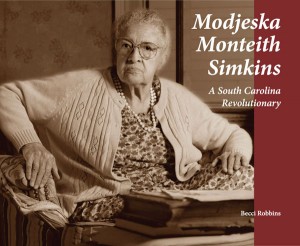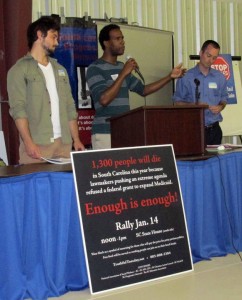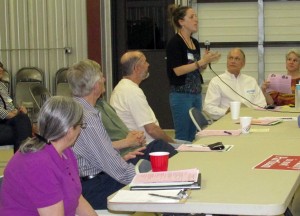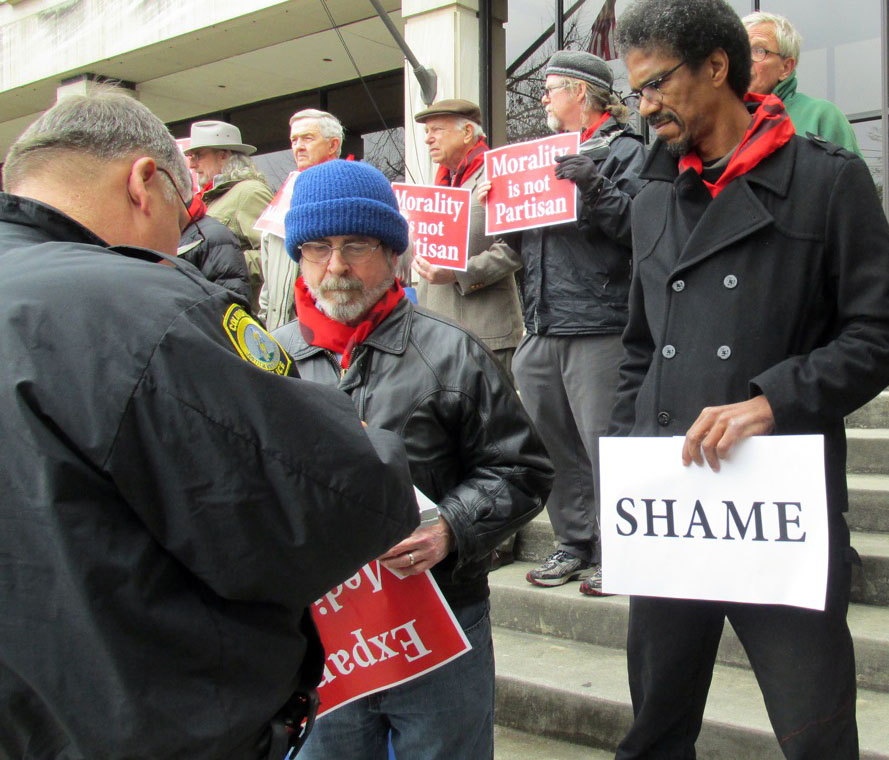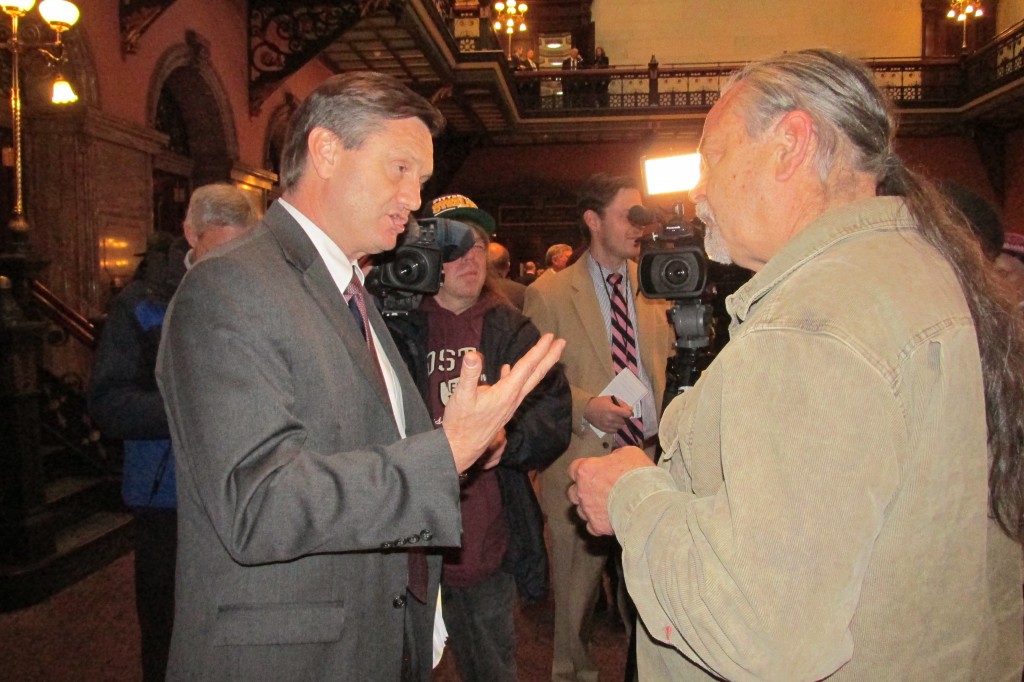By J. David Cox Sr.
national president of the American Federation of Government Employees
The public’s outrage over excessive wait times and rigged record keeping at Veterans Affairs hospitals is more than justified. As a former VA nurse, I understand all too well that depriving veterans of timely access to care is a disservice to them and their sacrifice to this nation.
But cleaning house in the VA’s executive ranks will only treat the symptom. The disease plaguing the VA healthcare system is chronic under-staffing of physicians and other frontline providers.
Until we fill thousands of vacant positions, open closed hospital beds and provide more dollars for building and maintaining medical facilities, we will never heal what ails the VA.
Physicians are dealing with excessive caseloads and insufficient support staff. Since 2009, 2 million veterans entered the VA health care system for a net increase of 1.4 million new patients. Each physician should be responsible for no more than 1,200 patients at a given time, according to the VA’s own guidelines, yet many VA doctors are treating upwards of 2,000 patients each.
Simply put, there isn’t enough time in the day for the available doctors to treat every veteran who is seeking care in a timely fashion.
Compounding matters is a performance system that sets unrealistic goals and incentivizes managers to increase the number of patients served, instead of improving the quality of care. Rather than face the under-staffing issue head-on and risk poor ratings, many managers have taken the easy way out and have cooked the books to mask the wait times.
But blaming those managers for a performance system that was doomed from the start won’t help our veterans get the care they seek any faster.
Truth be told, there is nothing wrong with the VA that can’t be healed by what is right with the VA: the frontline providers who care for our veterans every day.
No one is complaining about the quality of care our veterans receive. That’s because the federal employees who look after our nation’s heroes work hard each and every day to provide them with world-class service.
Unfortunately, those same employees have lived in fear of speaking out about the problems they witness due to an established history of retaliation, including loss of duties and unfounded disciplinary actions. Our members have paid a heavy price for voicing concerns, submitting letters to agency leaders, raising issues in labor management meetings, and testifying before Congress on wait time issues and veterans’ access to care. When they have sounded the alarm, our members have faced retaliation and intimidation time and time again.
Employees shouldn’t feel afraid to speak up when they see managers more concerned with securing bonuses than providing patients with timely access to care for critical medical conditions. In fact, they should be encouraged to bring up these issues so they can be rectified before more veterans go without the treatment they so desperately need.
The waitlist and understaffing issues are one and the same. Until Congress gives the VA the resources to hire enough frontline clinicians to meet demand, our veterans will continue to face long waits. And to be clear, sending veterans to expensive health care providers outside the VA system on a massive scale will not fix the underlying resource deficiencies plaguing our veterans medical centers.
According to the Independent Budget for the Department of Veterans Affairs, developed each year by leading veterans groups, the Veterans Health Administration is facing a $2 billion funding shortfall for the upcoming fiscal year and another $500 million shortfall for fiscal 2016.
It’s time for the VA to get back to basics and focus on improving access to care for our nation’s veterans. The agency must cut excess management layers and use those resources to boost frontline staffing of doctors, nurses and others directly involved in patient care. The growth of middle management positions within the agency has ballooned to unprecedented levels, from fewer than 300 in 1995 to more than 1,700 by a recent count, costing taxpayers $203 million annually.
The VA long has been held up as a model healthcare delivery system that all other hospitals should emulate. The care our veterans receive is second to none, but that only counts when our veterans actually are treated.
J. David Cox Sr. is national president of the American Federation of Government Employees, which represents more than 670,000 federal and D.C. government employees nationwide and Chair of the AFL-CIO’s Union Veterans Council.

